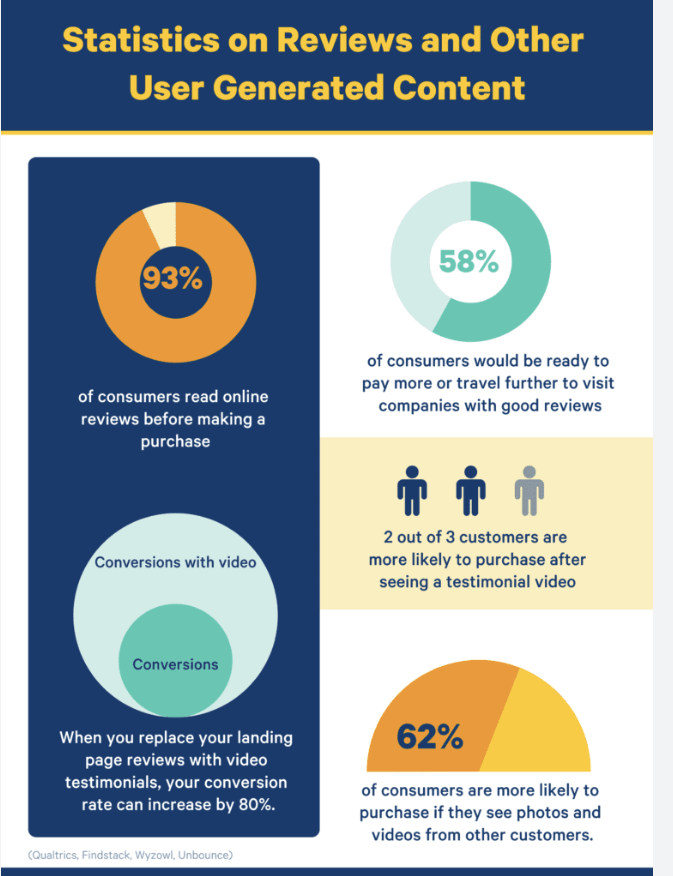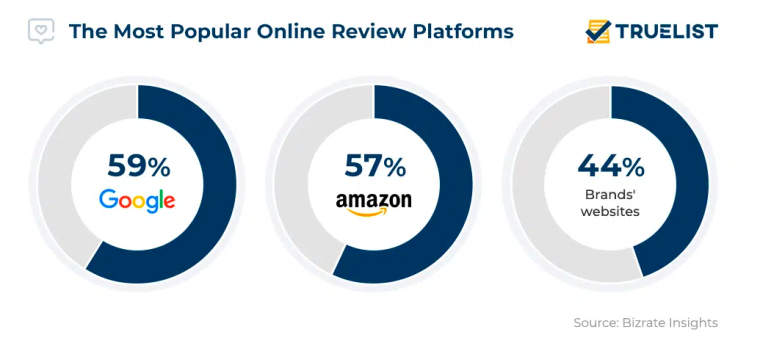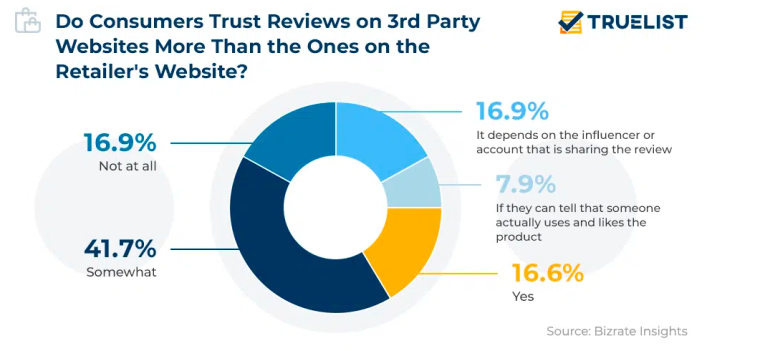The US Federal Trade Commission (FTC) has proposed a rules to ban deceptive review and endorsement practices commonly found on e-commerce platforms. The rule saim to address the rampant use of fake reviews, the suppression of negative reviews, and the payment for positive reviews.
These practices mislead consumers seeking authentic feedback while undermining honest businesses.
In the statement, Samuel Levine, Director of the FTC’s Bureau of Consumer Protection said:
“Our proposed rule on fake reviews shows that we’re using all available means to attack deceptive advertising in the digital age. The rule would trigger civil penalties for violators and should help level the playing field for honest companies.”
Key Takeaways:
- FTC proposes rule to ban fake reviews and endorsements.
- Rule aims to curb fake, suppressed, and paid-for reviews.
- Violators face civil penalties to promote fair competition.
- Ban includes fake review sales and undisclosed reviews by related individuals.
- Rule prohibits creating fake independent review websites.
- Illegal review suppression and fake social media indicators targeted.
- Public comments invited before finalizing the rule.
- Up to 30% of online reviews are estimated to be fake.
- Consumer reliance on reviews is high; 90% use them for decisions.
- Support from consumer advocates and major online companies.
FTC Proposes Rule Banning Fake Reviews
The Commission’s notice of proposed rulemaking cites examples of deceptive review practices from past cases and highlights the increasing use of generative AI, which makes it easier for bad actors to write fake reviews.
The proposed rule includes several measures to fight deceptive practices. It would prohibit the selling or obtaining of fake consumer reviews and testimonials, as well as the hijacking of reviews from one product to another.
Businesses would be banned from buying positive or negative reviews and from having company leaders or related individuals write undisclosed reviews.
FTC and endorsements: Final revised guides, a proposed new rule, and an updated staff publication. New on the Business Blog: https://t.co/oiP4dQqzoo #influencers #socialmedia #advertising #marketing
— FTC (@FTC) June 30, 2023
The rule would also prohibit e-commerce companies from creating or controlling review websites that claim to be independent while promoting their own products or services. Additionally, it would ban illegal review suppression, the sale of fake social media indicators, and the purchase of such indicators for commercial purposes.
While the FTC has recently taken enforcement action against deceptive review practices, the proposed rule aims to strengthen deterrence and enforcement efforts. The rule also clarifies prohibited practices and allows for the imposition of civil penalties by the judicial system, which has been limited by a recent Supreme Court decision.
The consumer protection agency seeks public comments on the proposed rule to inform its decision-making process before issuing a final rule.
FTC Proposed Rule Gains Strong Support
The prevalence of fake online reviews is a significant concern. According to CBS Austin, up to 30% of online reviews are estimated to be fake, and most consumers struggle to distinguish between genuine and fake reviews.
Kay Dean, the founder of Fake Review Watch, highlights the difficulty for average consumers to identify fake reviews and emphasizes the need for stricter guidelines.
She said:
“The online review space is being gamed in so many different ways, and the scammers are just getting more creative and more prolific.”
Consumer reliance on reviews is widespread, with the latest survey reporting that nine out of ten consumers use reviews to make purchasing decisions. However, the reliability of online reviews is compromised, with billions of fake reviews taken down to date.

Professor Raji Srinivasan from the University of Texas at Austin raises concerns about the common practice of providing free samples in exchange for reviews, questioning the accuracy and honesty of such reviews. He stated:
“If I’ve got a free sample from a cosmetic manufacturer, I wonder how true I’m going to be about reviewing. I think there is a serious problem. My sense is that many customers who are not expert are being led astray by this.
The proposed rule has received support from consumer advocacy organizations and major online companies. Zarina Stanford, Chief Marketing Officer at Bazaarvoice, emphasizes the importance of clear guidelines and penalties to protect consumers.
The FTC acknowledges the challenge of offshore companies engaged in deceptive practices but affirms its ability to penalize U.S.-based companies involved in paying for fake reviews.
FTC Seeks Public Input on Proposed Fake Review Ban
The proposed rule is open for public participation, and after a 60-day review period, the FTC will consider new information before finalizing the rule. The goal is to combat deceptive practices while ensuring legitimate commerce and acceptable review solicitation are not affected.
The issue of fake reviews is a widespread problem across various online platforms. A survey conducted by Brand Rated reveals that Google is the go-to platform for 60% of consumers seeking reviews, followed closely by Amazon.
Yelp is another popular review site, with over 244 million reviews. However, consumer trust in product reviews on retail websites is low, with only 16.6% of customers placing confidence in them.
Public feedback on the proposed rule will play a crucial role in shaping the final regulations. The FTC is actively seeking input from various stakeholders to ensure a comprehensive and effective approach to combating fake reviews.
Once the guidelines are finalized, e-commerce platforms and businesses will need to adapt their practices to comply with the new regulations.
Top 7 Consumer Protection Strategies
Here are the best 7 protection strategies for you as a consumer:
1. Spotting Fake Reviews
- Check Review Dates: Be wary of products with numerous reviews posted in a short time frame.
- Look for Generic Language: Fake reviews often use vague and overly positive language without specific details.
- Analyze Reviewer Profiles: Click on reviewer profiles. Multiple reviews for unrelated products or similar writing styles can be a red flag.
- Beware of Extreme Opinions: Extremely positive or negative reviews can be suspicious. Genuine reviews often have a balanced perspective.
2. Using Trusted Sources
- Stick to Reputable Websites: Use well-known and trusted review sites like Consumer Reports or professional product review blogs.
- Third-Party Verification: Look for products reviewed by verified purchasers or those with verified badges from trusted platforms.
3. Cross-Referencing Reviews
- Multiple Sources: Don’t rely solely on one platform. Cross-check reviews from various sites like Google, Amazon, and Yelp.
- Compare with Expert Reviews: Balance consumer reviews with expert opinions from industry professionals or review sites.
4. Utilizing Technology
- Use Review Analysis Tools: Tools like Fakespot and ReviewMeta analyze reviews for authenticity, helping you identify suspicious patterns.
- Browser Extensions: Some browser extensions can flag fake reviews and provide reliability scores for products.
5. Engaging with the Community
- Ask Questions: Engage with other consumers in forums or Q&A sections to get firsthand experiences.
- Join Consumer Advocacy Groups: Participate in online communities that expose fake reviews and advocate for consumer rights.
6. Staying Updated
- Follow FTC Updates: Keep informed about the latest regulations and guidelines from the FTC regarding online reviews.
- Educate Yourself: Regularly read articles and reports on identifying fake reviews and protecting yourself online.
7. Reporting Fake Reviews
- Report Suspicious Activity: If you suspect a review is fake, report it to the platform. Many sites have mechanisms to handle such complaints.
- Contact the FTC: Report deceptive practices to the FTC to help combat fake reviews and protect other consumers.
Wrapping Up
Overall, the proposed ban on fake reviews and deceptive practices is a significant step toward promoting transparency, consumer protection, and fair competition in the online marketplace.
It aims to create an environment where consumers can trust the authenticity and reliability of online reviews, enabling them to make well-informed purchasing decisions.
Related Articles
- 15+ Best Crypto To Buy Now
- AI Ethics Group Opens FTC Complaint Against OpenAI, Demands Halt to GPT Releases
- FTC To File Antitrust Case Against Amazon’s Marketplace Activities
What's the Best Crypto to Buy Now?
- B2C Listed the Top Rated Cryptocurrencies for 2023
- Get Early Access to Presales & Private Sales
- KYC Verified & Audited, Public Teams
- Most Voted for Tokens on CoinSniper
- Upcoming Listings on Exchanges, NFT Drops


